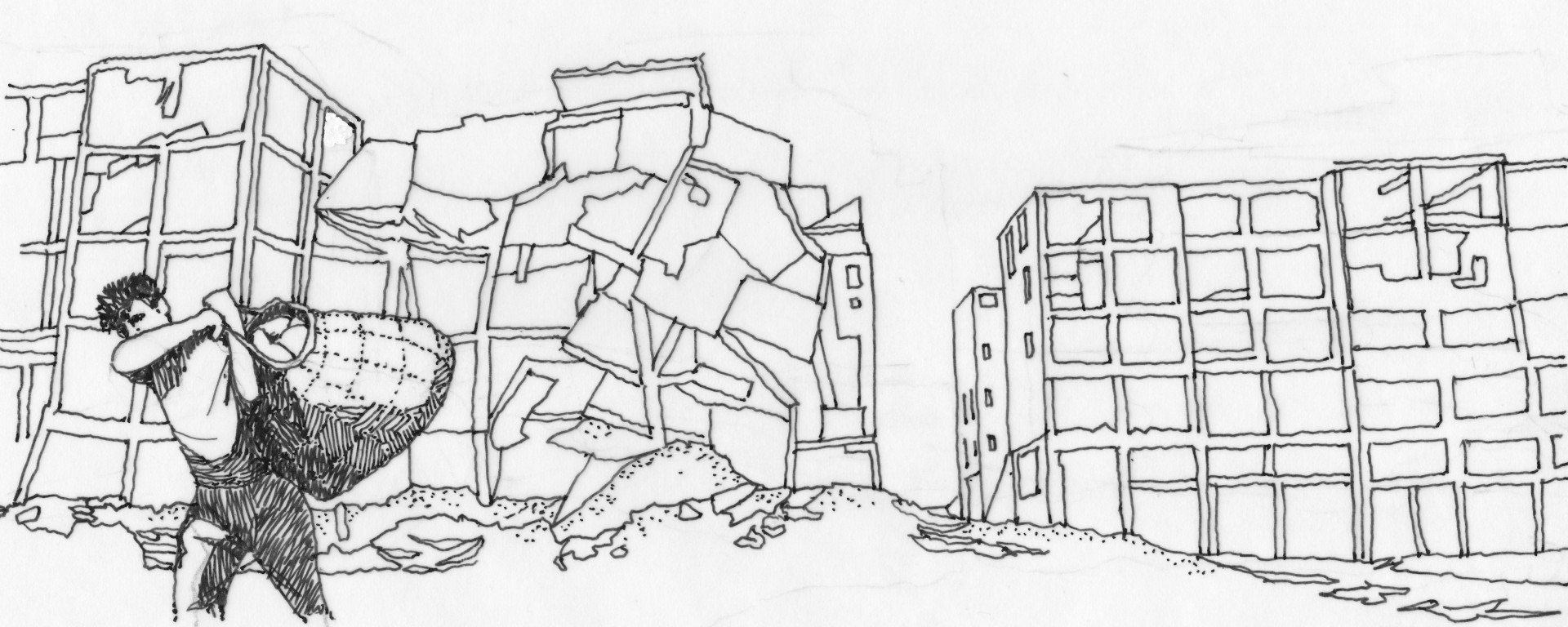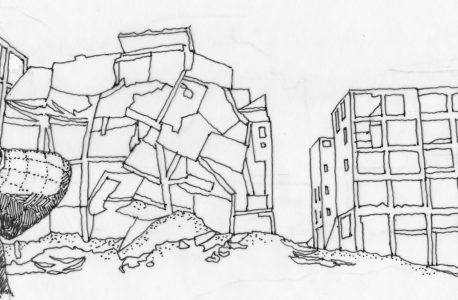Strictly Necessary Cookies
ADMINDYNSRV
Tracks which server you are communicating with in order to present a consistent user experience and remember information about the data you have entered. Expires at the end of the browser session.
DYNSRV
Added by the website load balancer to manage server traffic demand. Its purpose is to improve the performance of the website. Expires at the end of the browser session.
wp_woocommerce_session_#, where # is a hashed version of the site URL.
Set by the woocommerce shop plugin, containing information identifying the customer and session expiration time. For guest shoppers this a randomly generated cryptographically strong ID. Expires after 48 hours.
__cfduid
Set by the domain addtoany.com. Associated with sites using CloudFlare, used to speed up page load times. It does not contain any user identification information. Expires after 1 year.
Performance/Functionality Cookies
moove_gdpr_popup
Set by the cookie consent plugin to record that you accept the fact that the site uses cookies. Expires after 1 year.
wordpress_logged_in_#
Set by WordPress to indicate when a user is logged in, shop customer or site admin. Expires at the end of the browser session.
wordpress_sec_#
Set by WordPress to store the log-in details of a logged-in user. Expires at the end of the browser session.
Third Party Cookies
uvc
Set by the domain addtoany.com to track usage of the Addthis.com service. It allows a user to share a webpage with many social sites. Expires after 24 hours.
Targeting/Advertising Cookies
tk_ai
Set by WordPress and the woocommerce shop plugin to track how admins use the backend. Not set for anonymous visitors, guest shoppers or logged-in shoppers. Expires at the end of the browser session.
If you disable these cookies, we will not be able to save your preferences. This means that every time you visit this website you will need to enable or disable cookies again.



